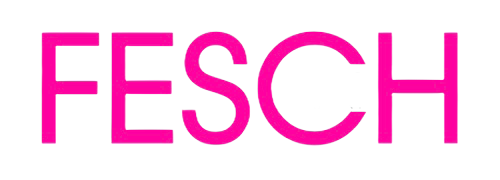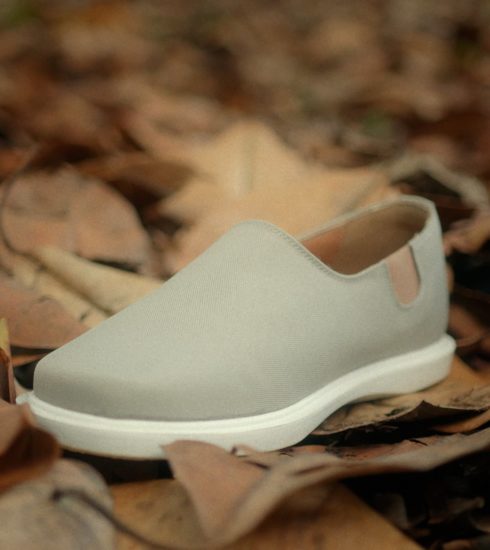Sabrina Chou Introduction – FESCH.TV
FESCH.TV INFORMIERT:
Introduction for Het Nieuwe Instituut Research Fellowship application 2021
Video transcript:
My name is Sabrina Chou. I am artist, researcher, and writer from Los Angeles. Having worked in architectural research, fashion, graphic design, and theater, my practice is interdisciplinary. Currently I am based in Oxford where I am a doctoral candidate in practice-led art. I lived in Rotterdam for five years from 2012, when I started my MFA at the Piet Zwart Institute, until 2017. Having followed Het Nieuwe Instituut’s program, activities, and exhibitions for the past years I am excited about the possibility of being a research fellow. I am currently a Research Affiliate with the Research Network for Philosophy and Technology initiated by Yuk Hui, which I would like to bring in as a potential collaborative platform.
Born in Los Angeles to Taiwanese immigrants, my practice is inflected with the circulations, migrations, and transmissions of social bodies and their potential collectivity. My research manifests in sculptures, broadcasts, video-objects, and writing. My material sensibility is inflected with histories of family migration, repressed collective memories of colonization, martial law, and political violence, and the ubiquitous “Made in Taiwan” stickers stuck on most manufactured imports until the 1990s or so, when mass production and cheaper labor expanded elsewhere. In publications or as sculptural elements, I use language to reflect on the uneasy condition of a provisional social body—one that is historically conditioned, externally regulated, and immediately corporeal.
My project, titled CONSTITUTIONS, emerges from a rethinking of constitutions as a multiform social technology, via bodily processes, network infrastructures, language, political instruments, and algorithmic code. I aim to counter hegemonic modern narratives of knowledge-structures, technologies, and social practices in which an organism—whether a single body or a community—is a unitary system. Instead, I think through processes such as digestion, dismemberment, or fragmentation as alternate theories of social de- or re- formation. I’m excited about using this project to open up dialogue and to renegotiate the boundaries of what we think of as social forms. We’re in a time where biopolitics, individuation, collectivity, and the shattering of the public sphere are colliding with threats to the ongoingness of the living planet. But rather than a dystopic review of our current reality that’s built on colonialism, capitalism, racism, and environmental degradation, I’m interested in the possibility of proposing a re-constitution of our bodies—whether that’s the assembly of organs and parts that allows us to move around, or the social collectivities that form a multitude of publics and counterpublics, or the unwieldy organisms that we know as nation-states, or the planetary body of the Earth. I’d like to reimagine to what it means to constitute, what it means to bring form forth as a co-constitutive process, and what it means to be part of a whole.
Deinen Freunden empfehlen:






